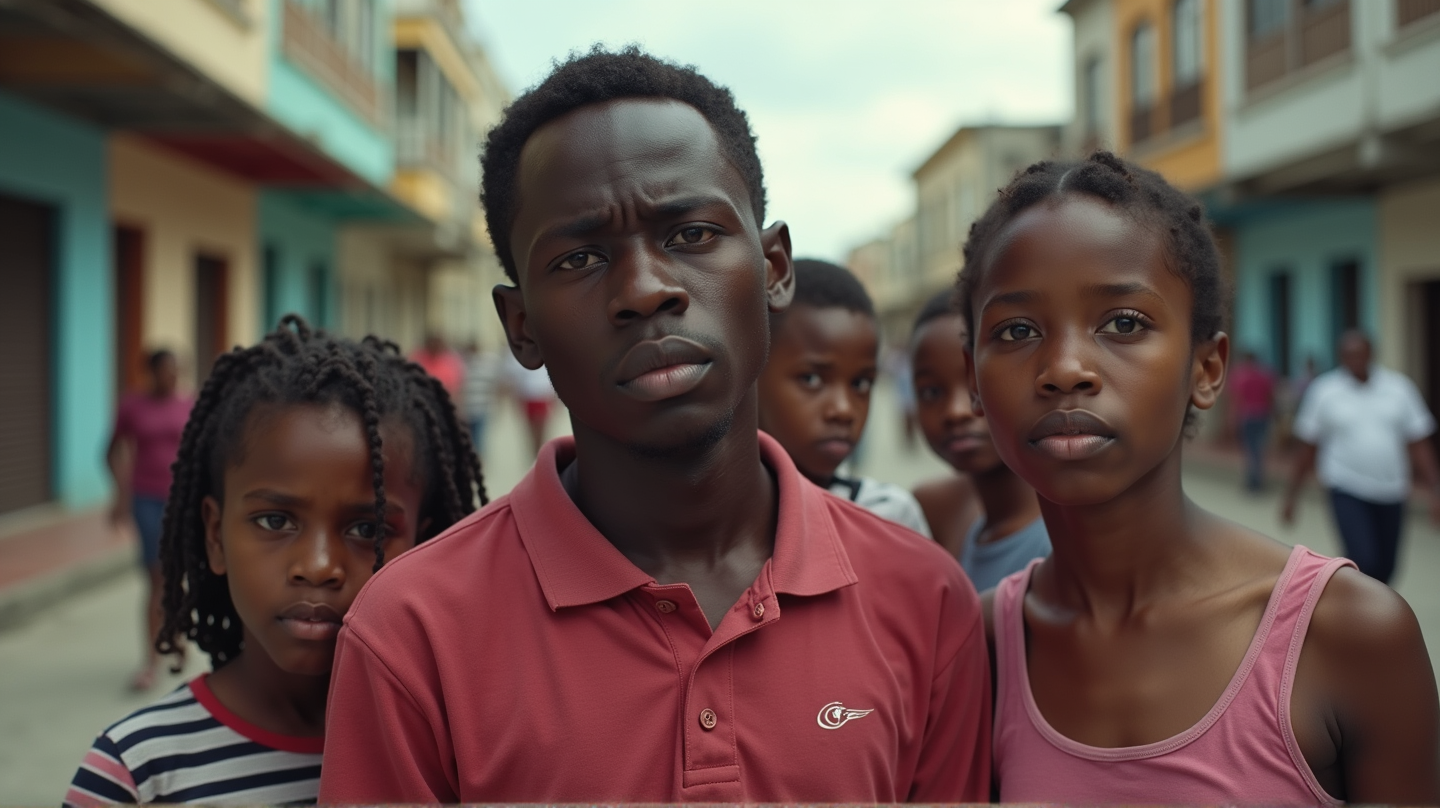Mass Deportation Looms: Over 300,000 Haitians at Risk as US Ends Protections
Explore the escalating prospect of deportation facing 300,000 Haitians after the US annuls their protected status. According to SOURCE_LINK

As the sun sets on a policy that provided a shield, the wind of change has blown a chill through the Haitian community in the United States. The announcement to end Temporary Protected Status (TPS) for Haitians has mirrored a storm cloud gathering over the lives of more than 300,000 people. This decision, akin to a door silently closing, threatens to send a ripple of uncertainty across lives built on the promise of security and hope.
A Lapse in Stability
Temporary Protected Status was a beacon of relief for Haitians struck by the aftershocks of the devastating 2010 earthquake, offering a sanctuary as they rebuilt their lives in the vast canvas of America. Under President Obama, TPS was a testament to empathy and understanding, a shelter against raging tides of instability back home—a promise renewed time and again.
The recent decision to revoke this lifeline under the current administration, however, signals a return to uncertain destinies. Many now face the grim reality of deportation, questioning the futures they had painstakingly crafted in a land of dreams.
The Weight of Political Winds
The political climate surrounding TPS is a complex weave of decisions affecting lives profoundly. The current administration’s approach marks a sharp departure from previous commitments, causing ripples in communities and raising fears of sudden displacement. Discussions in political corridors echo a sentiment of reshaping immigration norms, with little regard for the human narratives at stake.
Candice Cole shines a light on this narrative, capturing the resilient spirit of Haitians facing the weight of legal mandates with emotional resolve. Through her lens, we see faces of determination amidst looming shadows—a reality wrought in policy and lived in personal stories.
History Repeating
History has shown that migration is more than a transference of bodies across borders; it is the movement of hopes, dreams, and the unyielding human spirit. The Haitian diaspora, now caught in a web spun from administrative decisions, stands testament to the ongoing struggle between aspiration and regulation.
Stories of mothers wondering about the fate of their children, fathers seeking to secure livelihoods, and communities pulling together in a heart-wrenching plea for understanding fill the days ahead. As stated in Global News, Haitians cling to the precarious hope for change, a chance to continue the lives they’ve built rather than return to turmoil.
Community at the Crossroads
Yet, amid uncertainty, the heartbeats of community pulse strongly. Solidarity surfaces as a balm, with local organizations and community leaders rallying resources and support. Legal advisories and social services play crucial roles in navigating this daunting landscape, encouraging a collective facing uphill battles with unity.
These vibrant communities, embedded in the societal fabric, reflect the resilience and cultural richness Haitians bring to their adopted land. Their voices rise in harmony, calling for reconsideration and compassionate reflection in policy making.
A Call for Reflection
As screens blink out reports and media inflates the narrative, the human element too often gets lost amid the cacophony of headlines. This crisis, a lighthouse illuminating the crossroads of human rights and policy, demands more than cursory acknowledgment—it pleads for change and understanding.
In navigating these troubled waters, perhaps, the world can pause and reflect on the profound impact of protective status and what its loss portends for thousands of lives hanging in delicate balance. It is not merely about numbers; it is about people, their stories, hopes, and the invisible bonds they forge across divides.
Engage with the pulsing stories behind the statistics; what is at stake is more than a policy—it is humanity itself reaching out for a compassionate reply.





